The thrill, pressure and drama of a team competition
A team event becomes exciting when the onus of making your team win is on multiple shoulders! This is what happened to team India at the 8th IBCA World Team Championships for the blind 2018. India was up against Venezuela in round 8 and an extremely tense scenario took place. From two boards India needed 1.5 points to win the round. Sagar Shah takes you through the high pressure situation and tells you exactly what transpired. India lost the last two rounds of the event against Venezuela and Romania but we won a lot of hearts and came back with some great experience. Indian blind chess is showing great promise and the future looks extremly bright! Don't miss this exciting final article by IM Sagar Shah!
The eighth and ninth rounds at the World Blind Team Championships 2018
India finished third in the group stages, which was quite a commendable performance. We now had a chance to fight for places fifth to eighth in the last two rounds. A lot of people were impressed by India on two counts - being the lowest rated team in group B, we managed to finished third out of eight, which was a great achievement. The players feared no one. And secondly the Indian team was perhaps the only one where the oldest player was just 33 years old. We had a very young team and this was quite refreshing for most of the players and officials.
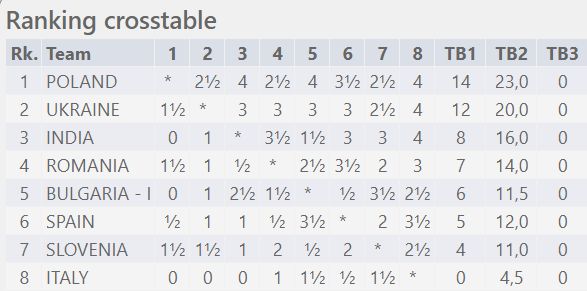
Round 8: Venezuela vs India
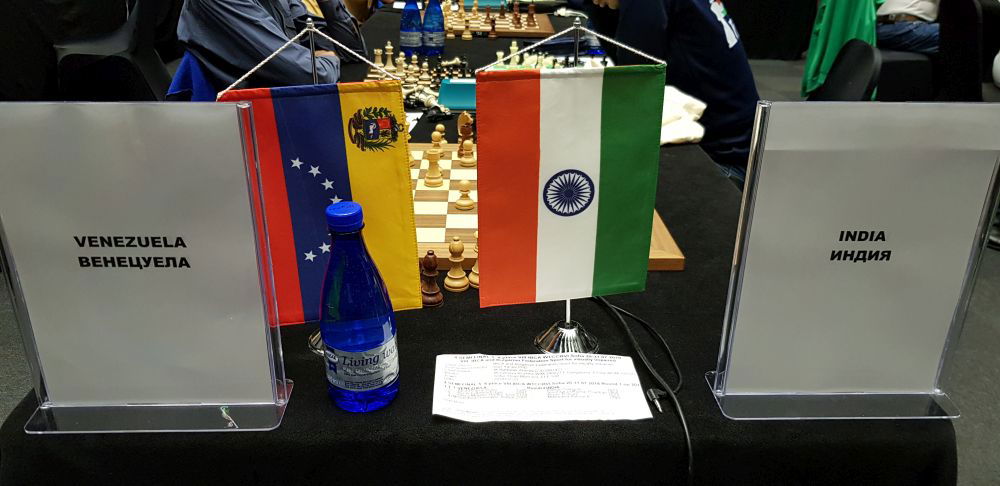
Somewhere around the two and a half hour mark things became extremely interesting in the match. As the coach of the team, I had to be on my toes. So let's dive into the match:
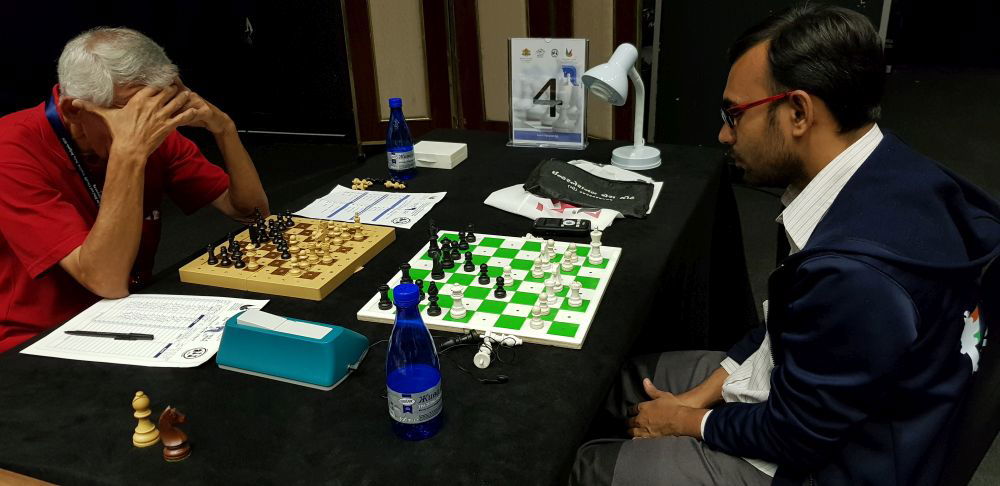
Ashvin Makwana vs Anibal Gamboa
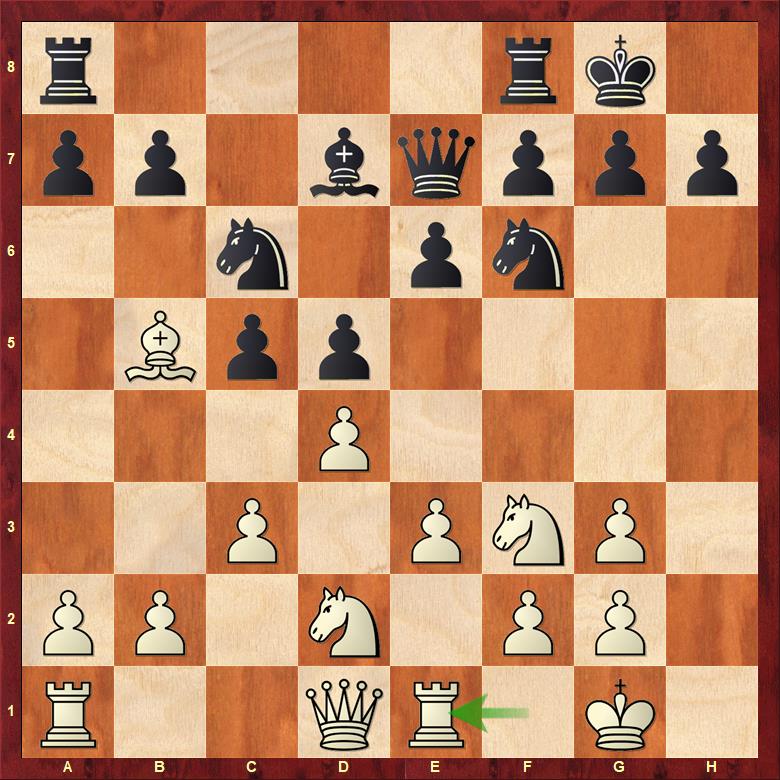
Although Ashvin had his chances after blundering a pawn, he did not take them and it was almost certain that his game would end in a loss for the team. This meant that we had to score 2.0 or 2.5 points out of remaining three games in order to win the match. In case of a 2-2 tie, the team which had a win on the higher table would win. For example if Indian player won on board one and board two ended in a loss for India and three and four drew their games, then India wins because we had a win on the higher board. In case all four boards end in a draw then they would use the rating performance criteria in group stages. This is where India had an edge over Venezuela because our rating was pretty low!
A small blow to our chances was when Kishan didn't find the most accurate way to continue in a position where he was better.
Victor Abiad - Kishan Gangolli
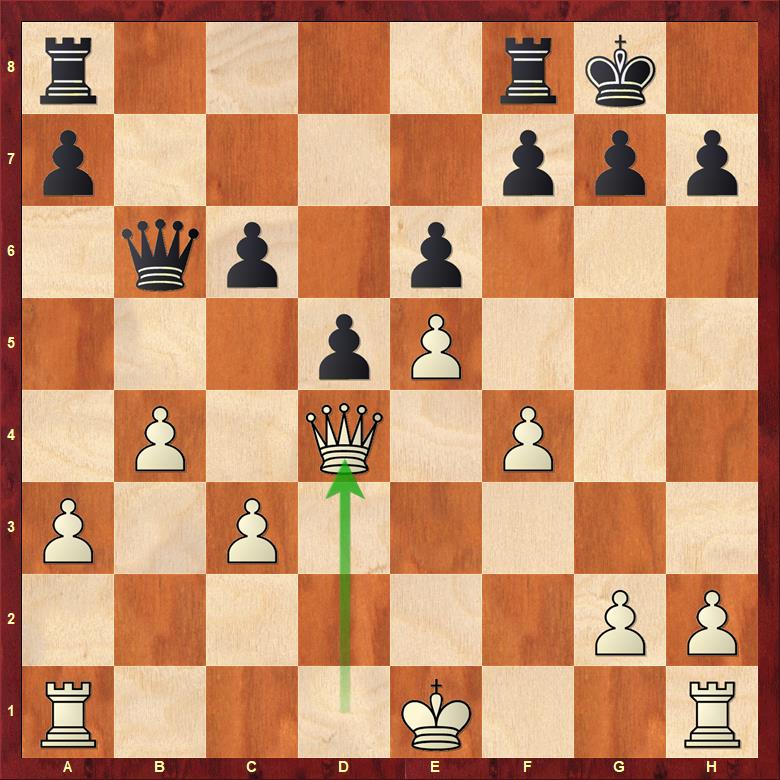
Kishan thought for a long time about the move ...c5 but later settled for ....Rfc8. This turned out to be not the best. In fact ...c5 was the strongest move and would have given him excellent chances as after bxc5 Qa5 Qb4 Qc7! The rook comes to c8 and picks up the c5 pawn and at the same time ideas like ...f6 are in the air. Instead of playing ....c5 Kishan allowed the exchange of queens after which White brought his king to b2, defended his only weakness and Kishan had to split the point.
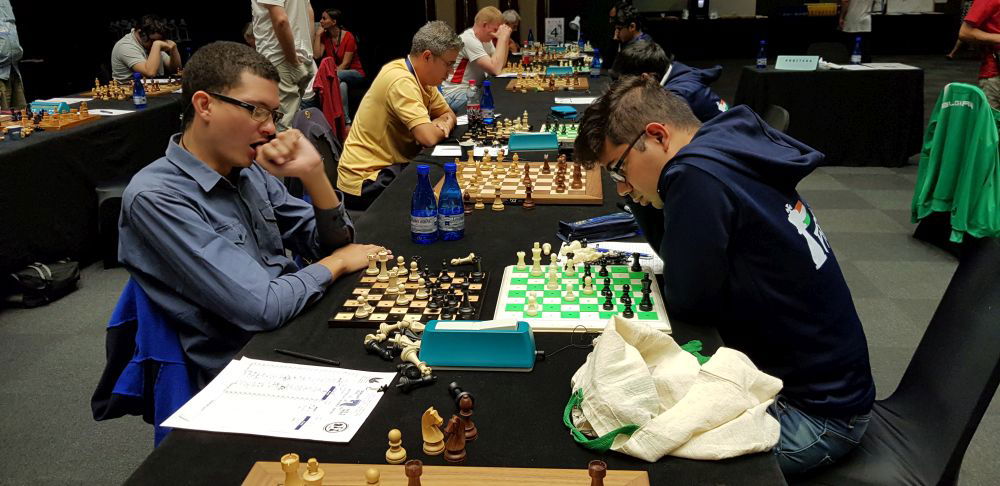
We needed now 1.5/2. If either Soundarya or Aryan could win, we would be through. Now, as the coach I was standing behind them and suddenly Aryan came to me and said that the opponent is offering a draw, should I accept it?

I had to be extremely careful about whether I would allow Aryan to draw or not. This is what Aryan's position looked on the board.
Otero Munelo vs Aryan Joshi
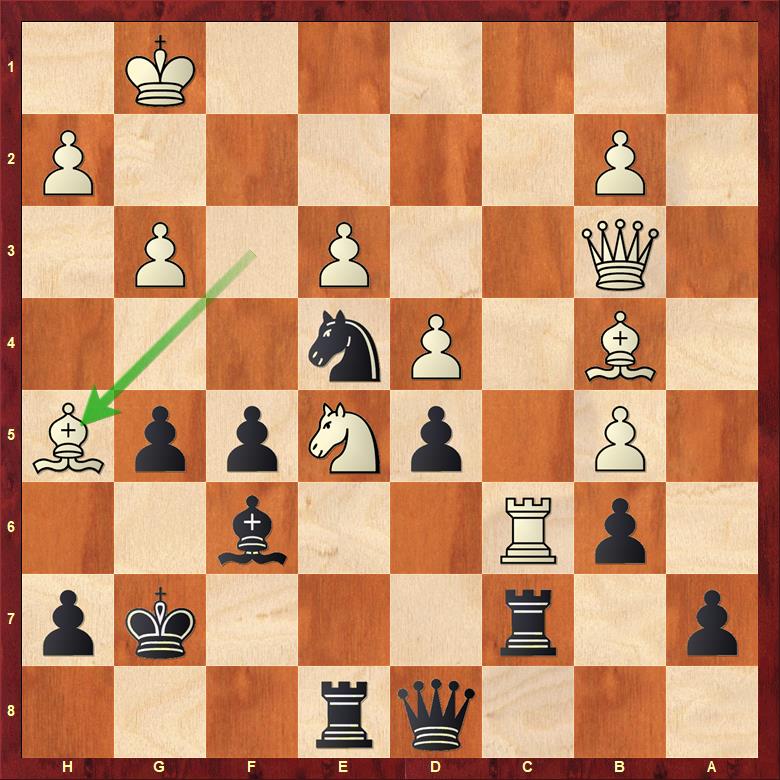
The position looked extremely complicated, but Aryan was material up. He had an extra exchange and in the worst case he could take on e5 with his bishop and simplify the position. But at the same time if Soundarya was winning then I could ask Aryan to take a draw, as 2-2 with Soundarya win on board two against their win on board four would mean that we would advance to the next round.
Soundarya Pradhan vs Rivas Cabrera
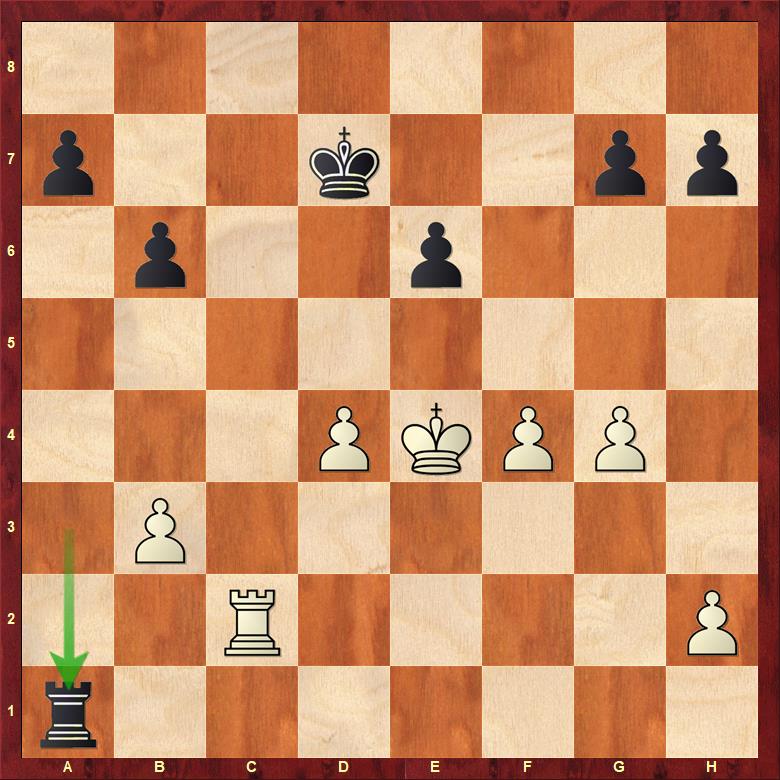
The pawns are equal, and Black rook is quite active. White has no advantage and I couldn't foresee that Soundarya would win this position in just ten minutes! Of course, as of now the position was even and all hopes were on Aryan to provide the win. So I asked him to continue playing.
Soundarya had a huge time advantage and his opponent couldn't just handle the clock pressure. He made some poor moves and Soundarya piled on the pressure admirably. Within a few moves he was completely winning!
Soundarya Pradhan vs Rivas Cabrera
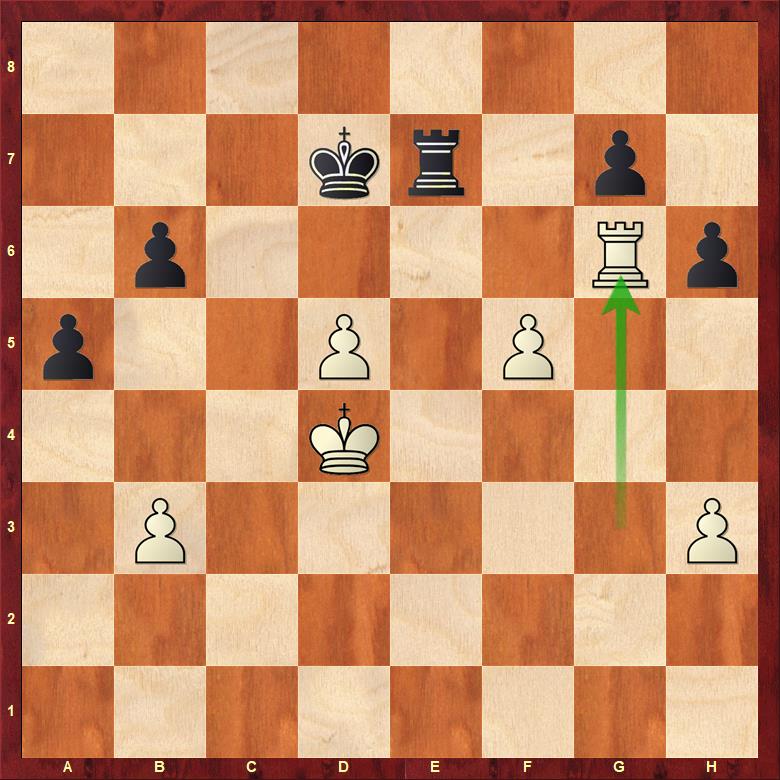
When Soundarya plonked his rook on g6, the position was still not clear but I had a feeling that the momentum was shifting towards him and Aryan was getting pretty nervous on his baord with the white bishops scissoring his position. I asked Aryan to offer a draw. When the draw offer was made, Aryan's opponent got up from his chair and went to Soundarya's board to see what was going on. Soundarya's opponent showed him thumbs down, which meant that Otero Munelo had to fight. A draw would mean that Venezuela was out.
Soundarya did not disappoint. He quickly brought home the point:
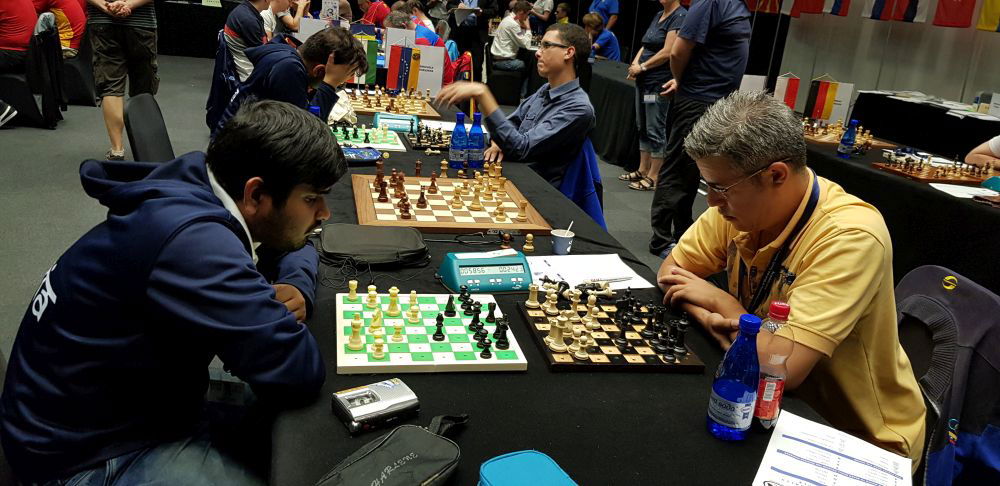
Aryan knew that no draw offer would work now. He had to fight it out on the board and either win the game or draw it. Both of them was fine for us. Considering that he had a good position, this seemed like quite a possibility. But when both the players were down to their last couple of minutes, Otero Munelo found a great resource.
Otero Munelo vs Aryan Joshi
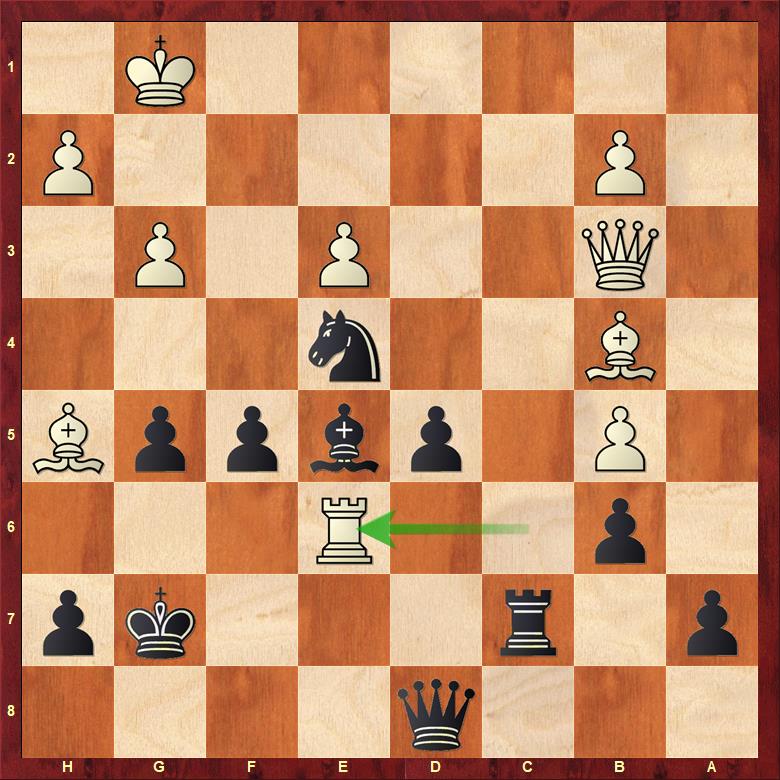
Time was ticking down Aryan's clock. He was getting more and more nervous with every passing second. Using his fingers to continuously press the button the clock that would tell the time, he was ensuring that he didn't lose on time. But it also meant that he hardly was thinking for his move. Nerves! It was a complete battle of nerves at that point. To my great surprise Aryan found the right move!
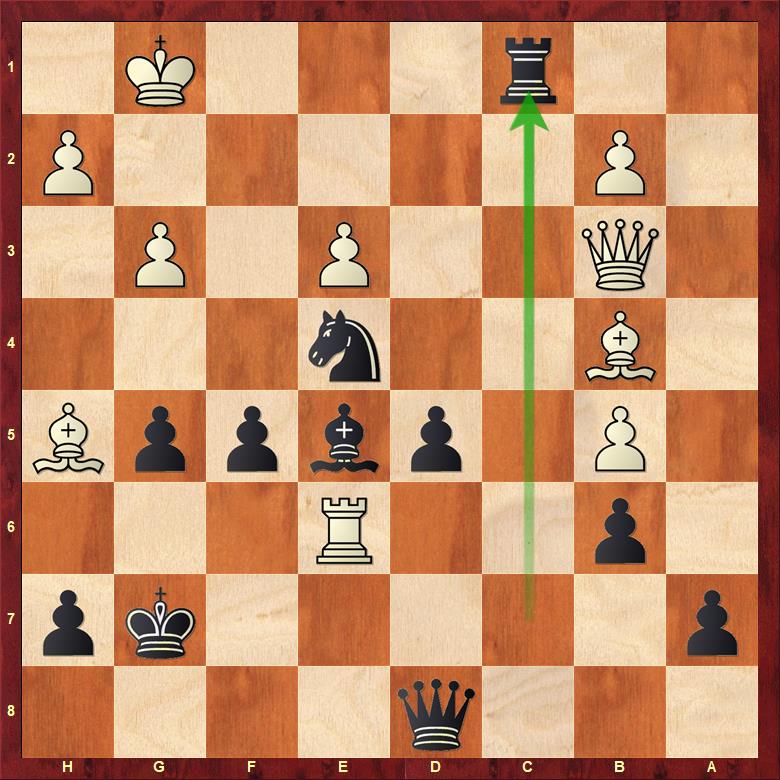
What's your follow up now Aryan? Re8 was a big threat. And almost instantly Aryan made his next move which impressed me to no end:
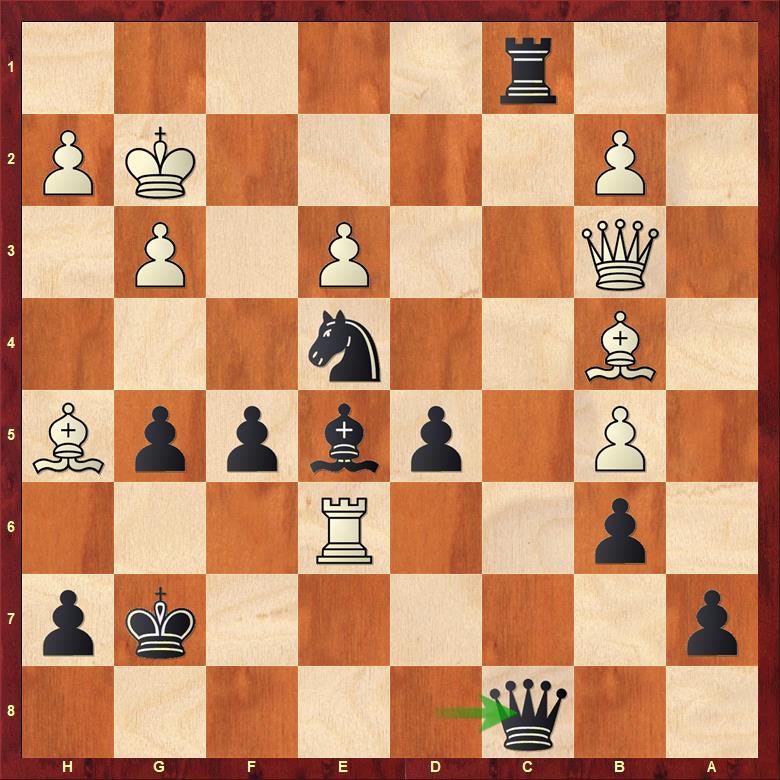
Otero's move was simple, he picked up the bishop on e5. The ball was once again in Aryan's court. How was he going to follow up. The check on c2 with the rook looked tempting and Aryan went for it. Otero played his king to g1 and after Rc1+ came Bd1! There was no way to increase the pressure. Aryan had in fact miscalculated at this point and went ...Qc4. After Qxc4 he excitedly picked up the bishop on d1 with a check, but Qf1 put an end to all his dreams! India lost the match, but there was an impressive way for Aryan to gain a draw in that position.
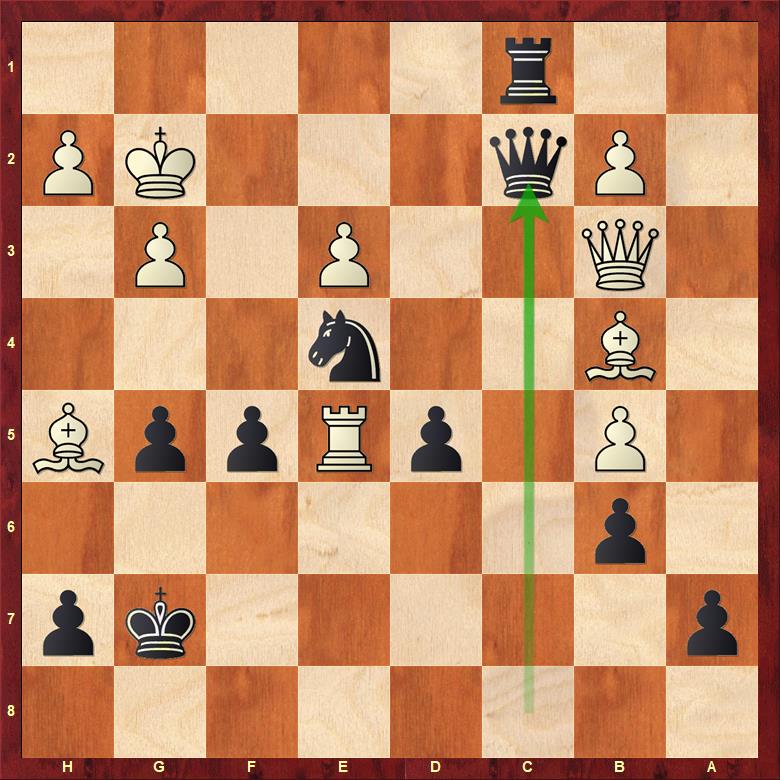
...Qc2+! a queen exchange when you are a piece down looks counter intuitive, but after Qxc2 Rxc2 Kf1 (Kg1 would simply mean repeating the position with Rc1+) Rxh2 and now the bishop on h5, the pawn on g3 and the pawn on b2 are hanging. Black would have been able to hold the draw. That's how close it gets when you play a team event!

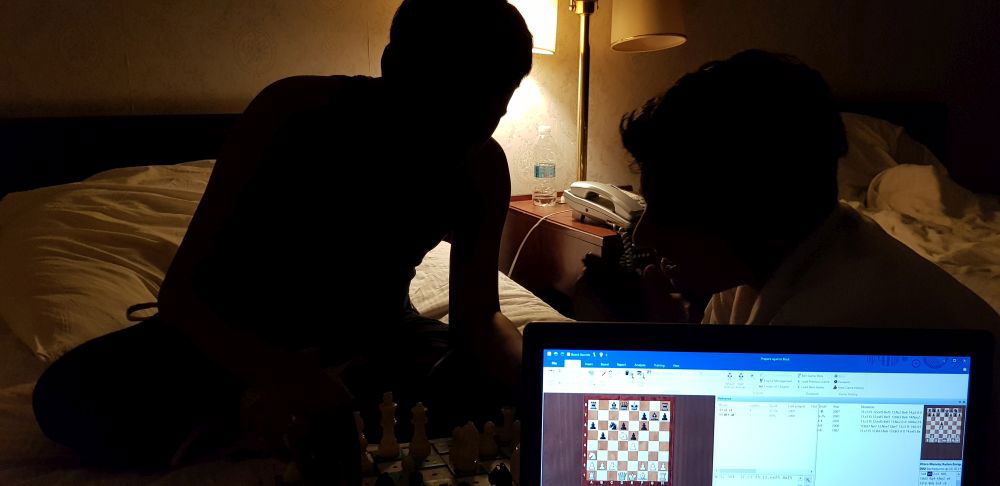
Round 9: Romania vs India
India had beaten Romania in the group stages with a score of 3.5-0.5. The Romanians were looking for revenge and came well prepared to the match. On board one Kishan couldn't do much with the black pieces against Emil-Peter Vaduva's Exchange variation in the French.
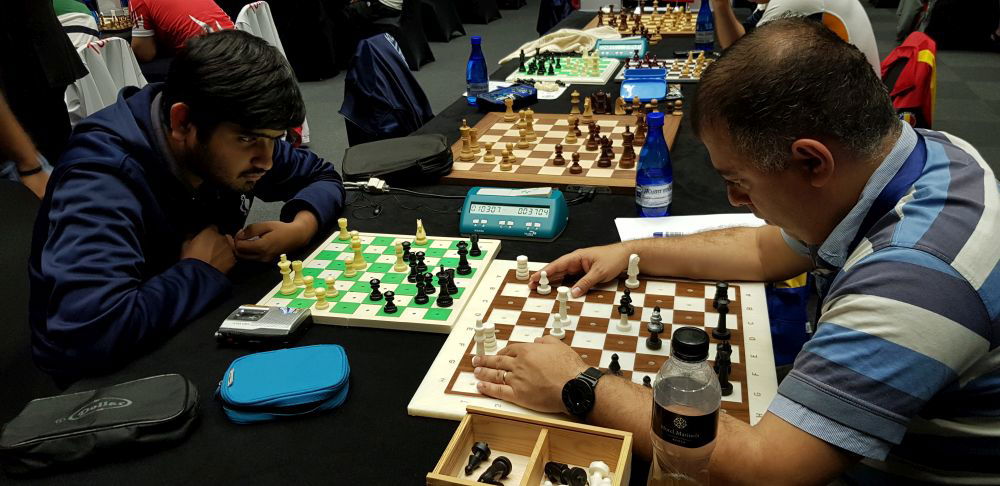

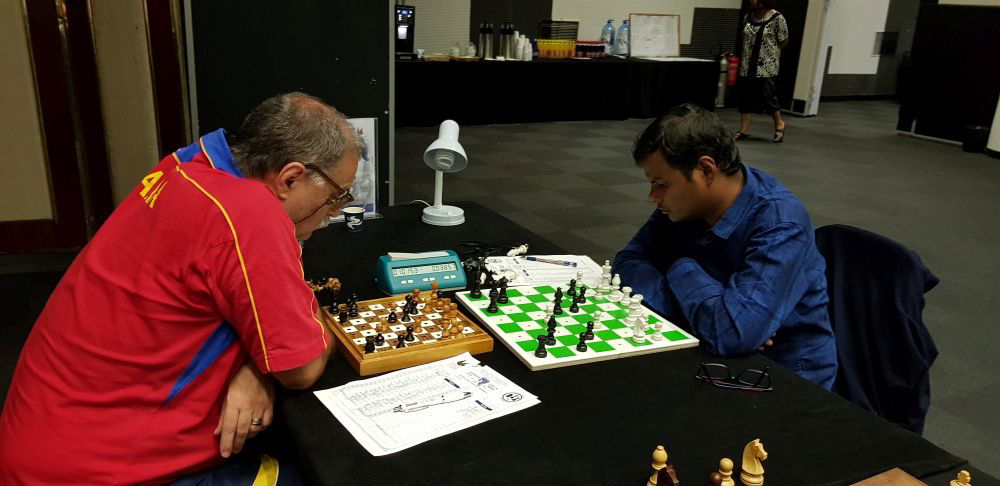

After this loss, India had to settle for the eighth spot. Not the fairy tale ending that we are used to seeing in Bollywood movies, but that's life! There are some key errors that these youngsters are making which need to be fixed. But if you look at it from a long term basis, I feel that there is a lot of potential in these players. This was the first time that we played with a proper board order - like the strongest player of team India played on board one, second strongest on board two and so on. The idea was that we wanted to genuinely compete with the opposing teams and not go for an approach where Kishan was playing on board and scoring heavily but someone on board one was getting smashed badly. My general assessment as a trainer is that if the right backing and opportunities are provided to these talented players they have all the capabilities to become IMs and GMs.
This might be the right opportunity to thank my entire ChessBase India team which has been working dedicatedly since February 2018 to ensure that Blind Chess in India is taken to the next level. I would like to thank Devanshi Rathi and Project Checkmate for their support towards these visually impaired players. I think if she continues with the same energy and enthusiasm, it can help Indian blind chess tremendously. AICFB is not a humongous organization. It was started just 20 years ago in 1998 by Charudatta Jadhav and a few blind players. With hard work and dedication they have established themselves as a long term institution that will ensure that the game of chess is spread in the best possible manner in the country. President Charudatta Jadhav, Secretary Manish Thool and Treasurer Swapnil Shah have a long term vision for blind chess in India. I would also like to thank Dibyendu Barua and Sekhar Sahu for giving the players exposure to play in A-groups of both Kolkata GM international and KIIT Open in Bhubaneshwar. This playing practice against higher rated opposition helped them tremendously. We mustn't forget the Sports Authority of India. They have supported with Rs.10,00,000 for the year for visually challenged chess. We cannot forget the contribution of Vishy Anand who met the team before they left for Bulgaria and also of Vidit Gujrathi for his constant support during the event. A big thanks to Adhiban Baskaran who spent nearly two hours of his time teaching the team the intricacies of the King's Indian Defence! And to all the people who supported the Blind National A in February by contributing money - a big thank you. It was the start of something truly amazing. As one player put it, "After that National A, my interest in chess was reignited!"
Being blind doesn't just mean that these players cannot see. It also means that they cannot exercise in the best possible way, do their daily routines in the most efficient manner. This affects their health adversely and most often I see that blind players suffer from other health issues like heart problems, back aches and much more. My sincere request to chess community is - there is no need to have pity on them. They are extremely capable individuals. All that they need are opportunities. If you can provide them with support and opportunity, they will be able to excel at the highest level.
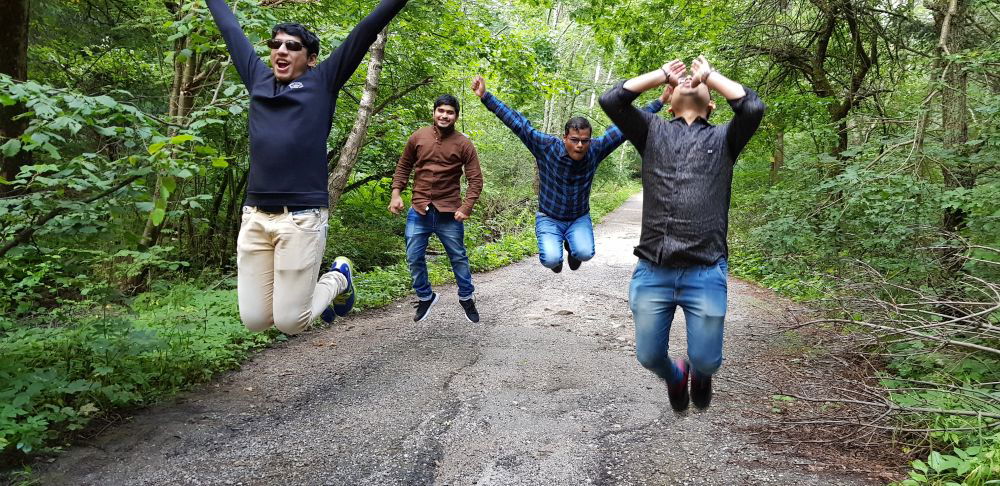
Closing ceremony:
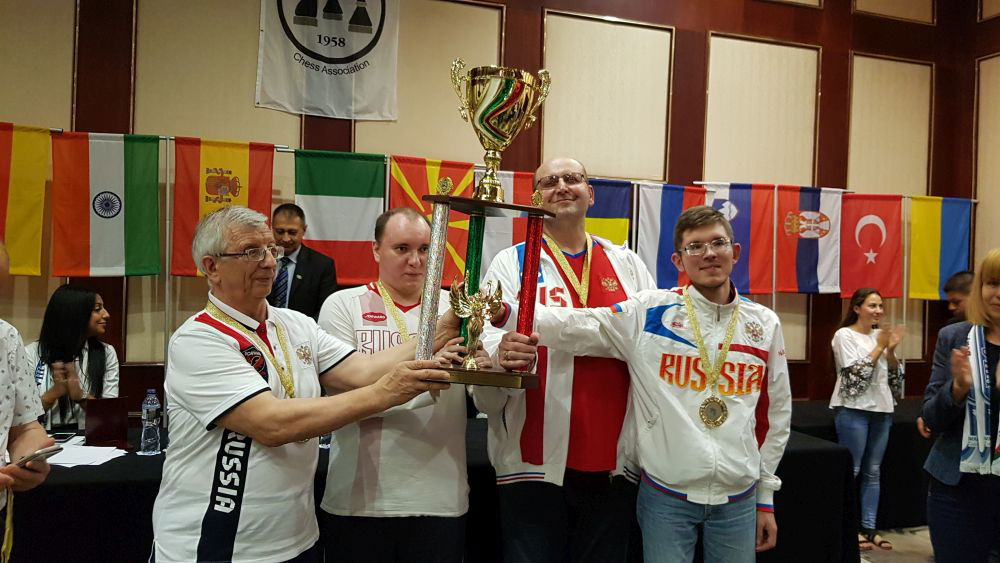
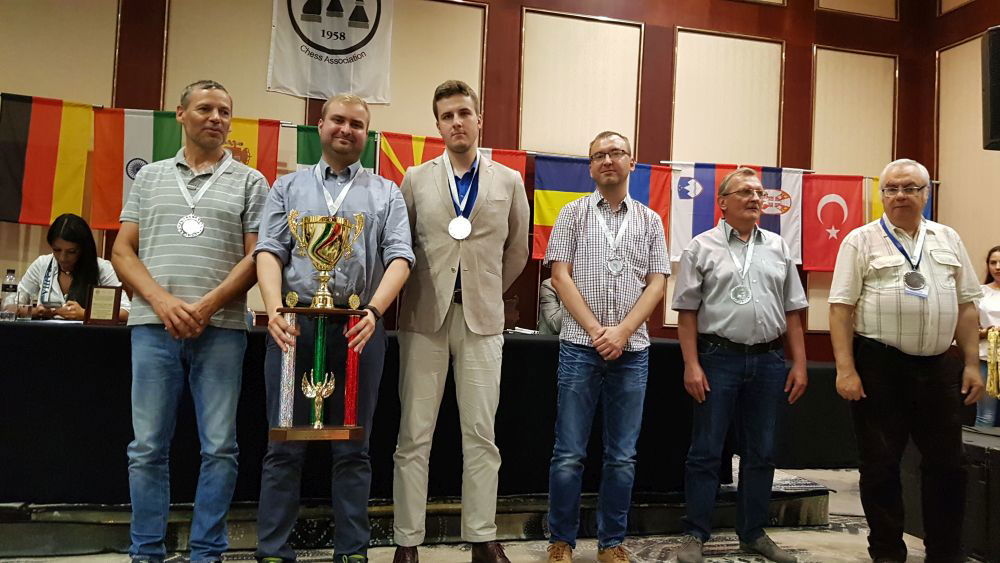
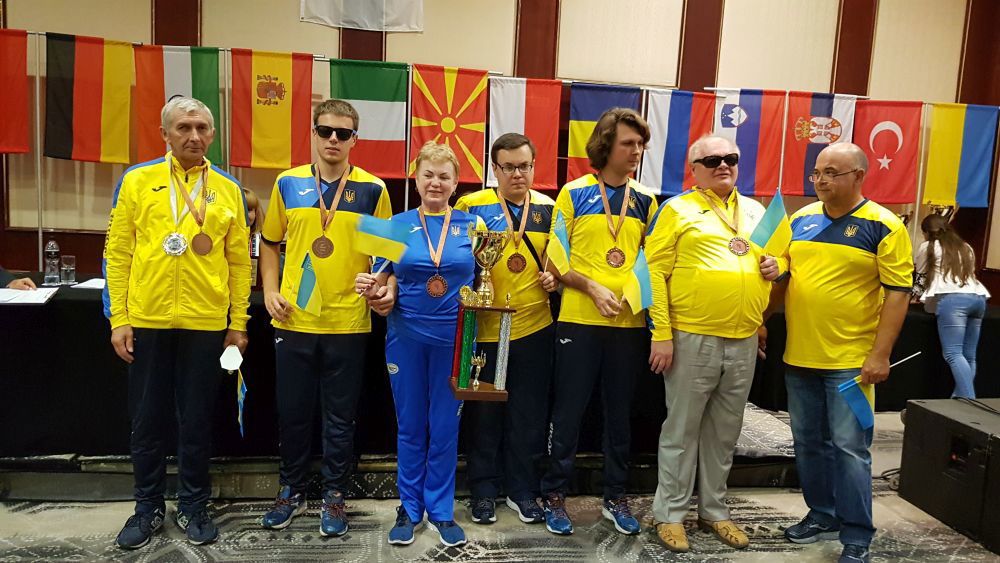

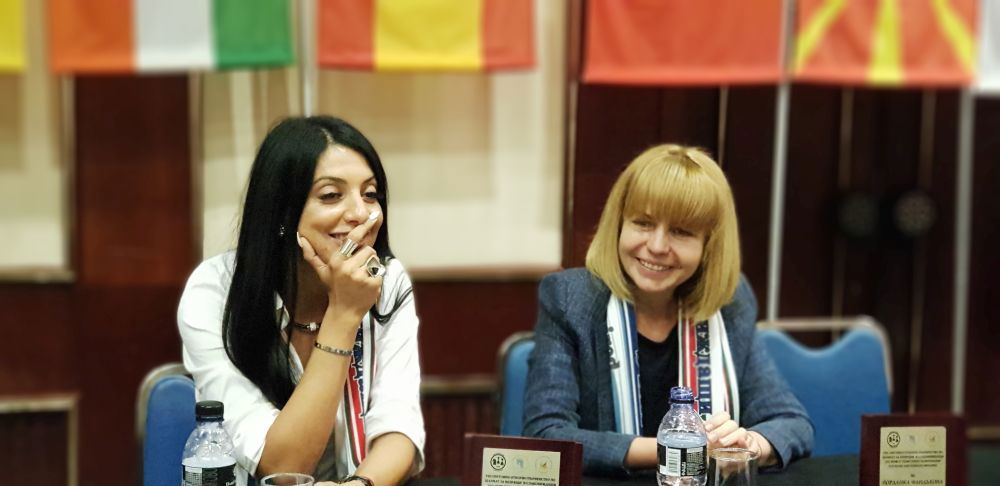
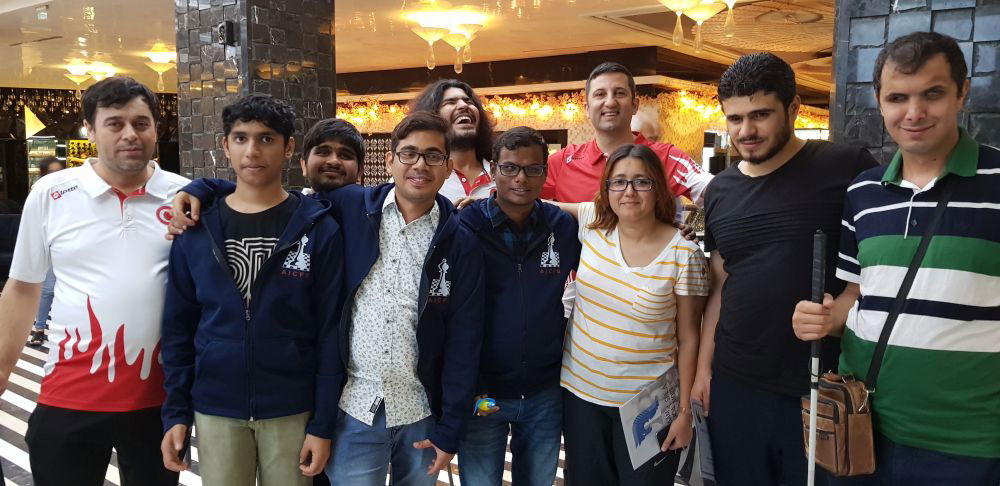
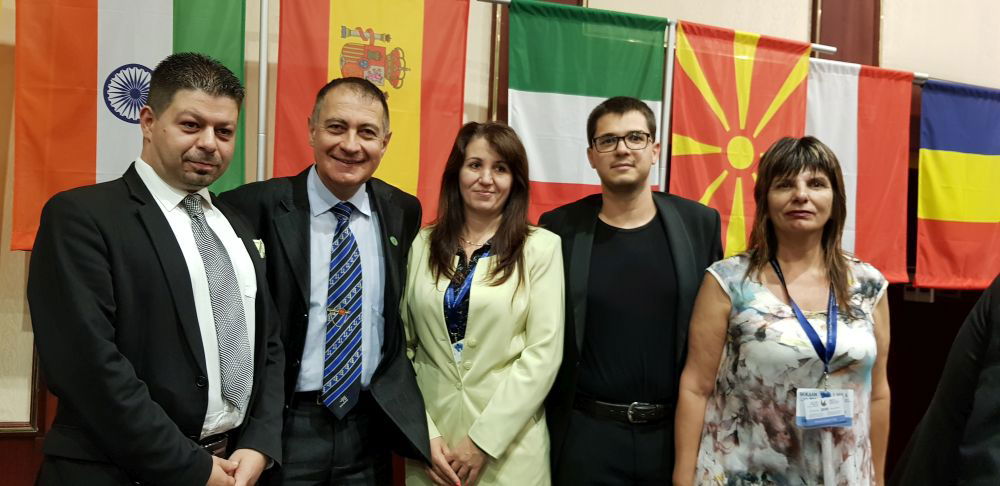

Follow IBCA on social media:
Check out 39 videos from the event captured by ChessBase India

